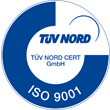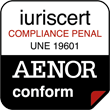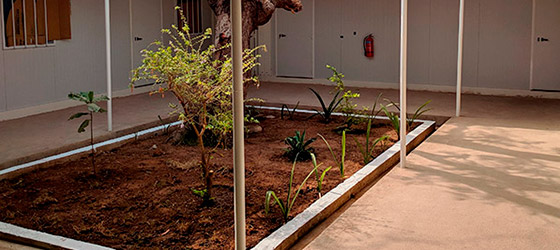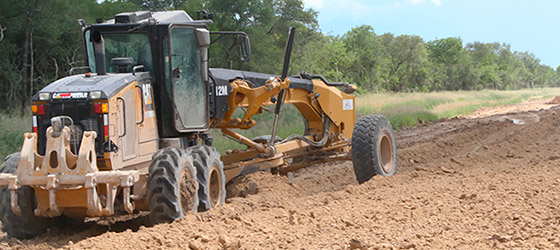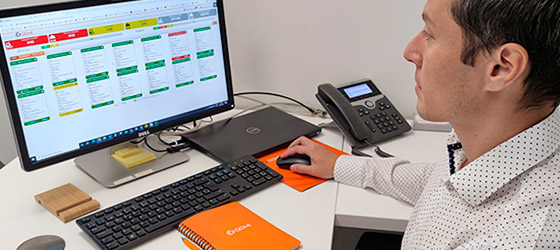Local Communities
The infrastructure and public services that we develop for clients are often public goods for the benefit of society as a whole. The construction phase of a project can, however, entail a number of social impacts and community disturbances that must be considered in a project’s design and construction. QGMI is committed to maintaining mutually respectful relations with neighbouring communities and leaving a positive legacy following the completion of its projects, preventing community health and safety impacts, establishing open communication and feedback channels with stakeholders, and creating employment and training opportunities for members of local communities where possible.
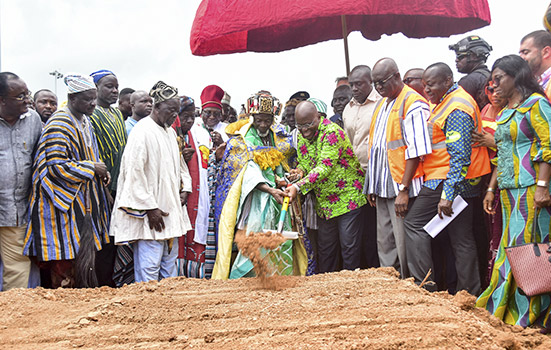
IMPACT ASSESSMENT AND PERMITTING
As part of its service offering, QGMI can coordinate the impact assessment, stakeholder engagement and the resettlement or livelihoods restoration planning on behalf of its clients. We do so in line with national regulations and lender requirements (typically IFC Performance Standards). We use leading international consultancies partnered with a local counterpart to deliver these studies and plans and involve/consult clients in the process to ensure the end result is fit for purpose.
Social Performance Management
Once a project has received regulatory and lender sign-off and is ready to be started , QGMI applies the following measures:
Maintaining open channels of communication between the project and local stakeholders, typically with a designated community liaison officer.
Setting up a grievance mechanism through which community members can voice concerns and make suggestions to better manage environmental and social impacts.
Training workers in aspects of acceptable behaviour in relation to interacting with the community.
Coordinating a local recruitment process to fill positions which require skills that are locally available.

